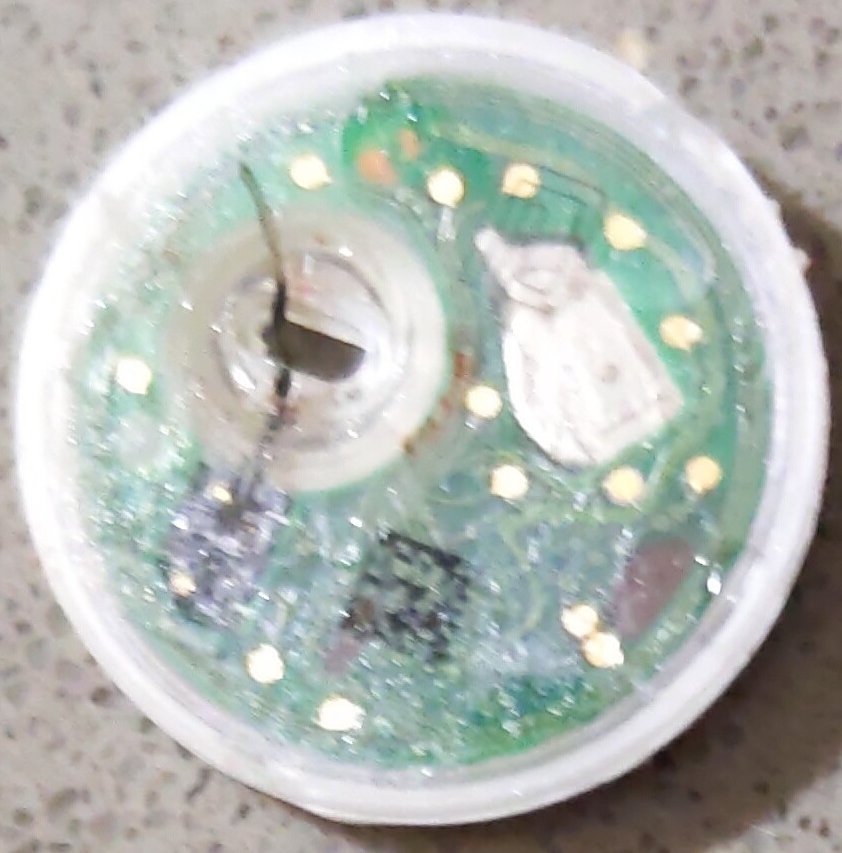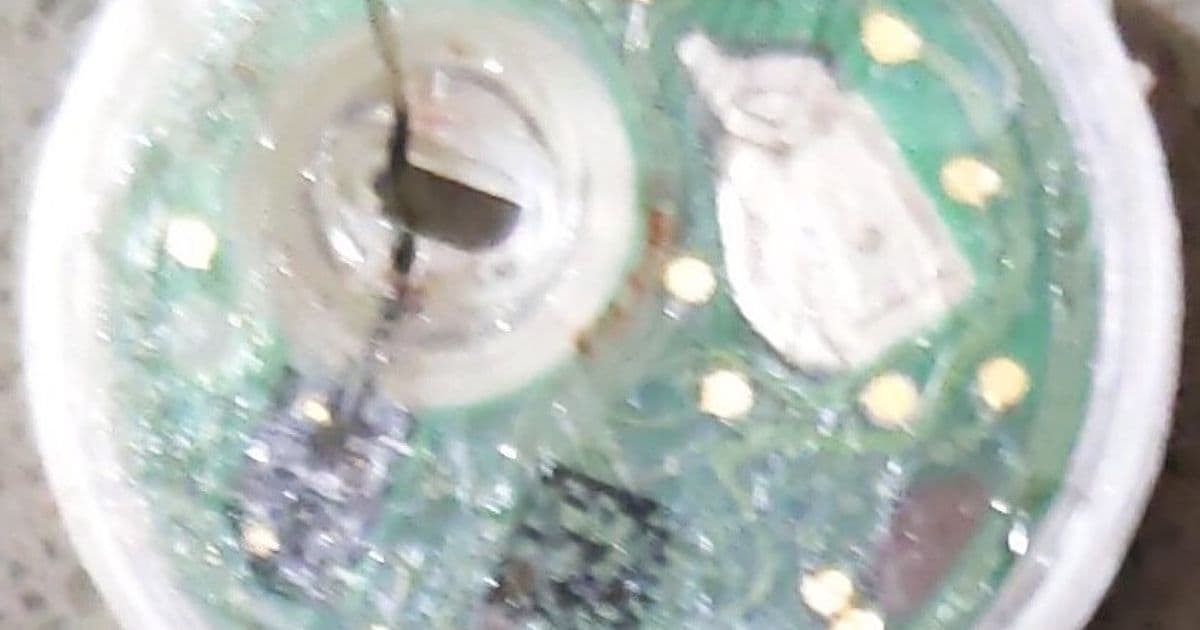When diagnosed with diabetes, Software Freedom Conservancy's Bradley Kühn refused proprietary glucose monitoring software on principle—discovering an open-source alternative that not only protected his rights but delivered superior analytics. This clash reveals critical tensions between patient agency, corporate control, and the life-saving potential of FOSS in healthcare tech.
When Bradley Kühn, a representative for Software Freedom Conservancy projects, was diagnosed with Type 2 diabetes in early 2025, he expected medical consultations and lifestyle adjustments. He didn’t anticipate his first treatment step would involve rejecting proprietary software on ethical grounds—sparking a journey into open-source medical tech that would challenge a $200 billion corporation.
The Proprietary Ultimatum
Kühn’s specialist recommended Abbott’s Freestyle Libre 3+, a Continuous Glucose Monitor (CGM) that samples blood sugar every five minutes—dramatically improving disease management through near real-time data. But using it required installing Abbott’s app, whose terms demanded:
- Surrendered data rights: Abbott collects anonymized user data indefinitely
- Anti-tinkering clauses: Reverse engineering or modification constitutes "immediate, irreparable harm" to Abbott
- No ownership: Patients lease software they depend on for critical health insights
"This wasn’t just inconvenient—it violated core software freedom principles," Kühn explained. "Medical devices shouldn’t strip users of agency."

The Abbott Freestyle Libre 3+ CGM—a marvel of miniaturized hardware shackled by proprietary software.
The FOSS Lifeline: Juggluco
Rejecting Abbott’s ecosystem, Kühn discovered Juggluco—an open-source Android app built by the diabetes community. Despite Abbott’s claims of "proprietary encryption," CGM communication relies on simple, standardized protocols:
- NFC Activation: Devices transmit a unique integer ID to the sensor
- Bluetooth LE Data Stream: Activated sensors push glucose readings every 5 minutes to any authorized device
# Simplified CGM communication flow (conceptual)
sensor.activate(nfc_id="12345") # NFC handshake
sensor.stream(bluetooth=True, interval=300) # Data every 5 minutes
Juggluco leveraged these open interfaces, bypassing Abbott’s app entirely. Within an hour of sensor application, Kühn had full glucose analytics—without surrendering his data or rights.
Corporate Sabotage and Community Resilience
Abbott retaliated by pressuring Google to delist Juggluco from the Play Store, falsely alleging stolen intellectual property. In reality:
- No proprietary libraries were used
- The "encryption" Abbott cited was merely integer transmission via NFC
- Community developers clean-room reverse-engineered the protocol
Despite this, Juggluco delivered unexpected advantages. At Kühn’s follow-up, his specialist noted: "This is much better reporting than the Abbott app gives you!" The open-source solution offered richer visualization and data export options—outperforming software from a medical tech giant.
Why This Matters for Tech Ethics
Kühn’s experience underscores urgent issues at the intersection of healthcare and technology:
- Patient Autonomy: Medical device users deserve control over their data and tools
- Security through Transparency: Opaque proprietary code hides vulnerabilities (see Insulin Pump Hacks)
- Innovation Suppression: Corporate gatekeeping stifles life-saving improvements
As Kühn prepares to contribute upstream to Juggluco—and advocate for its inclusion in F-Droid—his story exemplifies how software freedom isn’t ideological luxury. For millions managing chronic conditions, it’s a literal lifeline. Medical technology must serve patients, not shareholders. And as this case proves: when communities build openly, they often build better.
Source: Software Freedom Conservancy

Comments
Please log in or register to join the discussion